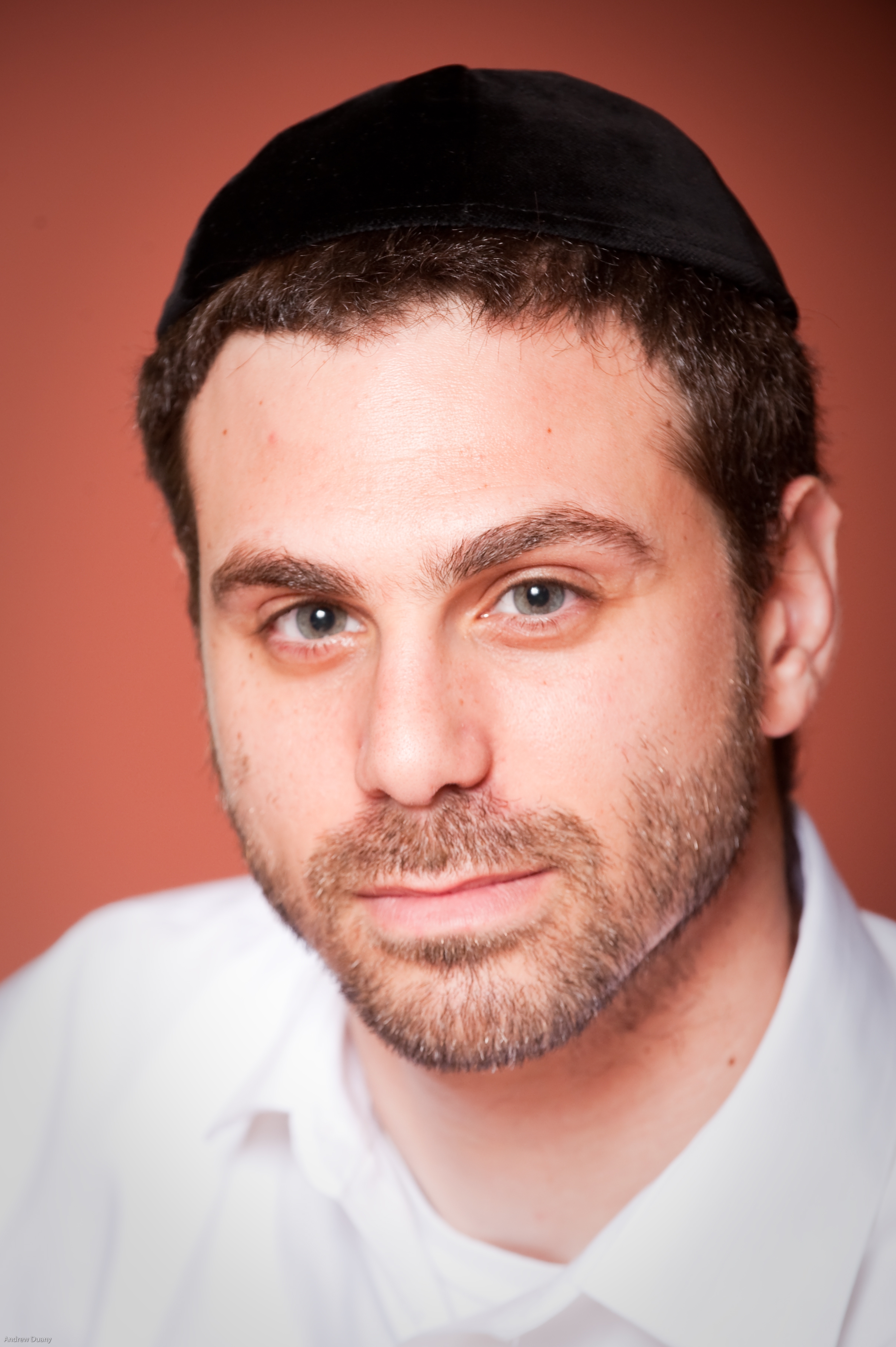The Great Educator
Ira Bedzow’s Restless Road to Author, Teacher and Philosopher

Ira Bedzow isn’t your ordinary triple-degree-holding doctoral student, ordained rabbi and published poet. He may, in fact, be the only individual currently on the Eastern Seaboard with those particular credentials. The Florida native and Touro Graduate School of Jewish Studies alum (not to mention 2010 commencement speaker… which wasn’t even his class) didn’t set out to overachieve. He simply followed his yen for knowledge and didn’t blink.
“I really like learning, and I just took each step a at a time,” he explains. “When I was finished with one [program], I wanted to go and do another. It was never a matter of, ‘Oh gosh, another degree.’ It was more like, ‘When can I start the next one.”
In fact, Bedzow wasn’t even done wrapping up his Masters at the Graduate School of Jewish Studies when he began studying toward a doctorate from Emory. Around this same period, in June 2009, he published the well-received philosophical book, Halakhic Man, Authentic Jew, which assessed the rabbinical teachings of Rabbis Joseph B. Soloveitchik and Eliezer Berkovits. Four years prior, Bedzow himself had been ordained as a rabbi in Israel. All these pursuits, however, came naturally to him. The hardest moments in his journey have, paradoxically coincided with lulls in activity.
“The hardest times were when I was not doing something and I didn’t know what to do,” he says. “I’m very happy having more to do than I think I can handle, because it allows me to push past my limits. If I don’t have enough to do, I get antsy.” It’s a quality he developed during his upbringing. “We were indoctrinated to feel that we needed to be productive,” he confirms with a good-natured laugh. “Though no one wants to not be successful.”
Lest all these myriad accomplishments seem mutually exclusive, there is a grander plan that unites his political and economic studies at Princeton, his masters work in divinity at the University of Chicago, further religious exploration via Touro and current PhD candidacy at Emory, in addition to all that extracurricular responsibility as an author and rabbi, and even positions in real estate and finance. “I may be coming across as someone who just loves to do stuff haphazardly, [but] my main passion is being a teacher,” he says. “I also know that people come from very different backgrounds with very different perspectives, and it was important for me to be able to speak to each of them. I know that no matter what type of Jewish studies you want to teach, it’s important to realize how Jewish studies relates to other areas. I really want to make sure I incorporate everything I learned to have the tools and language to speak to people from many different backgrounds.”
Academic and experiential heterogeneity aside, Bedzow still advocates for resting on a strong base of philosophical or religious principle. “Religions have certain ways of saying something that may sound similar,” he says. “But most frameworks have their own foundation. So while you’re able to take language or arguments or tools from other places, you have to be careful not to take the foundation with it. For example, if I’m going to talk about love or sin, I may be using the same words as a Christian or Buddhist, but because of the way those words cohere with other words in my religion, and in the fact that they [are] grounded in certain premises that other religions may not have, we may be talking about the same thing very differently. Alternatively, at times we may be talking about different things that are more similar than we think.”
This statement perhaps articulates Bedzow’s travels through faith and academia most eloquently. It’s also a metaphor for how he’s pragmatically survived and thrived despite such intense and disparate commitments. In a nutshell, it’s all about absorbing all the information you can, while using its sum influence to help shape your core beliefs. It’s a tricky paradigm, but one Bedzow seems born to conquer. Not that the humble future educator would ever concede that himself.
“That’s only because I don’t know anybody else’s mind,” he says when considering if his approach is unique, “It's not that we all think exactly alike, but I’m pretty sure that the way people think isn’t always the same as the way it comes out. Maybe how my ideas come out are a bit different, but I don’t think the way I think is that different.”

